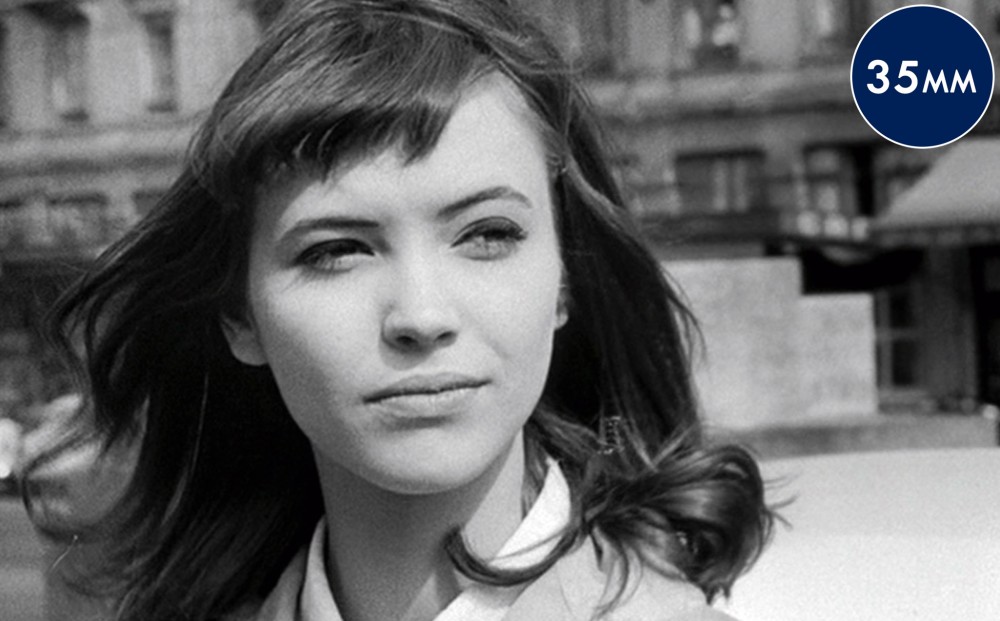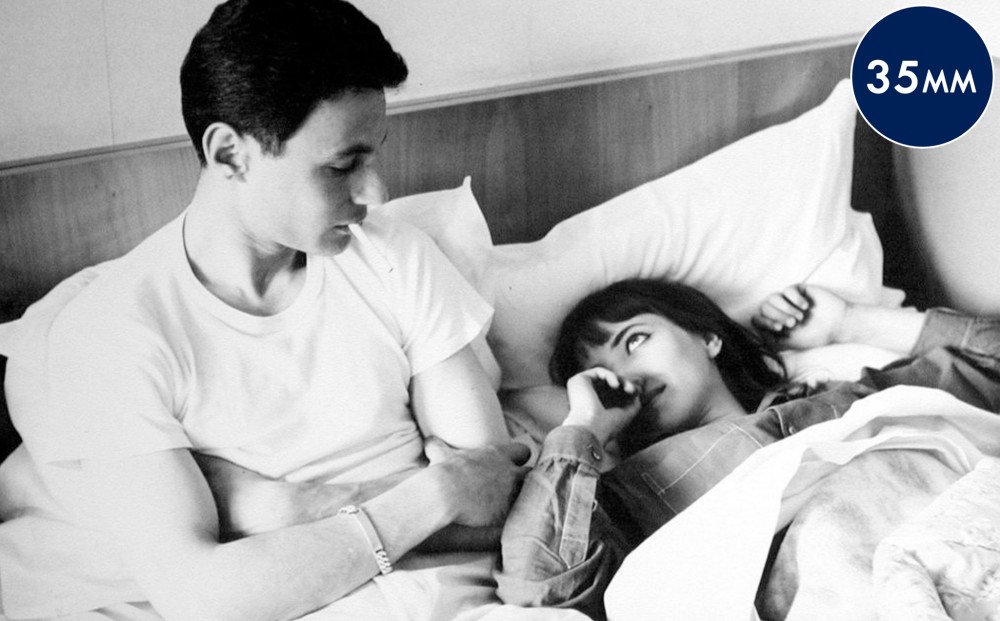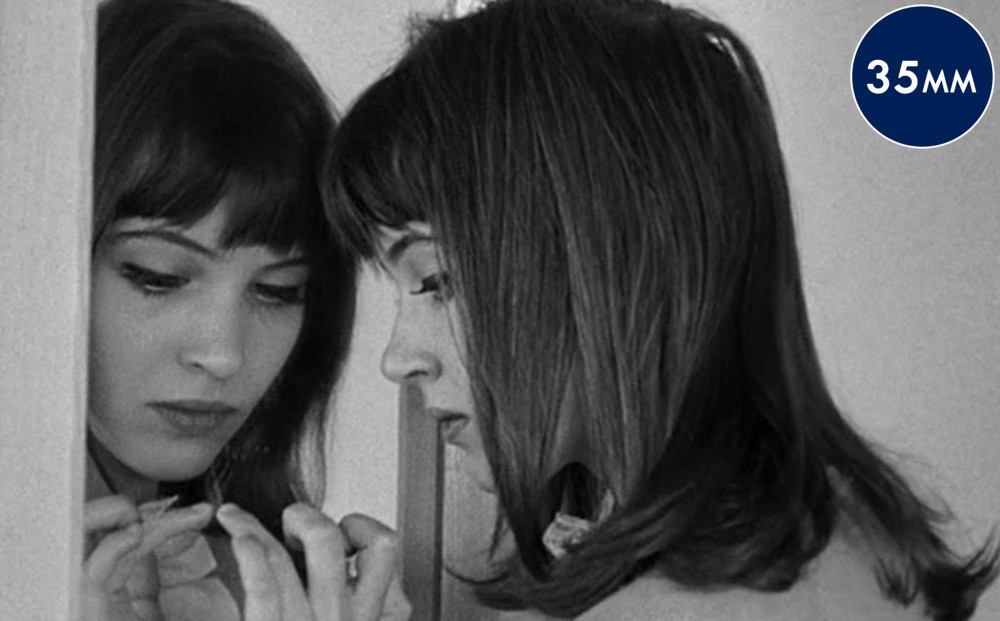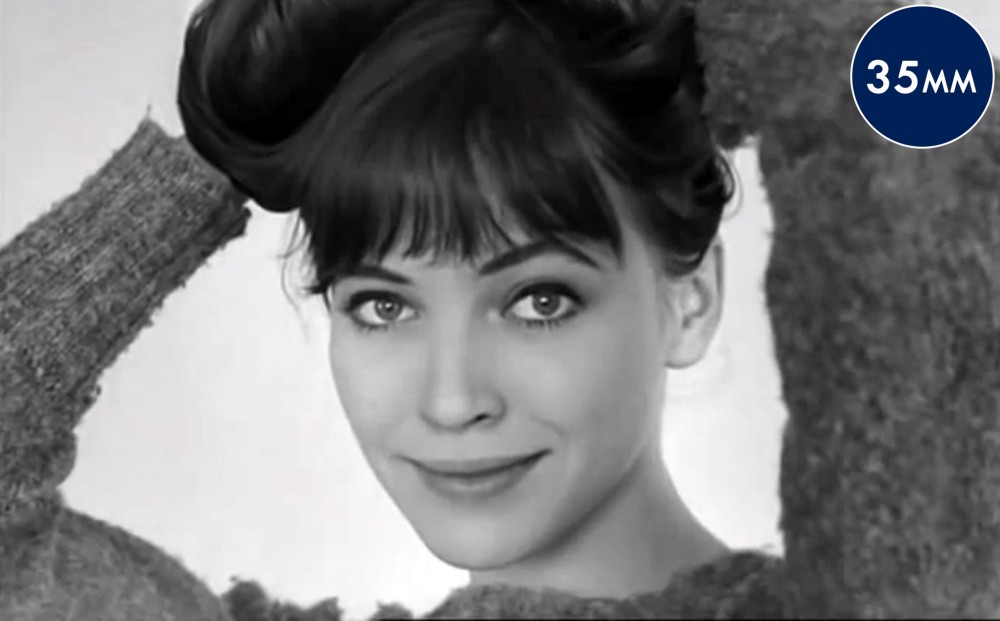LE PETIT SOLDAT
4:10
Sunday, January 26
(1960, Jean-Luc Godard) “Photography is truth, and cinema is truth 24 times per second.” During the never-mentioned Algerian war, French deserter turned Geneva photographer Michel Subor (Jules and Jim’s narrator) agrees to a shoot with Anna Karina (the soon-to-be Mme. Godard in her debut), losing a $50 bet that he won’t fall in love with her en route. But his pals at the “information” bureau have a little political assassination lined up for him – or is it a test to see if he’s a double agent? And is Karina mixed up with the FLN (Algerian liberationists) herself? One of Godard’s starkest and most serious works, shot in infinite tones of gray via available light by the great Raoul Coutard (Breathless, Bride Wore Black, Z., etc. etc.), and complete with hair-raising torture sequences, their climax… waterboarding. Banned in France for three years for its graphic nature, as well as the explosive political overtones. 35mm. Approx. 88 min.
Reviews
“A fascinating experience, if only because M. Godard lives and breathes cinema to such an extent that everything he touches comes at once to life and affects us even in spite of ourselves. There are marvelous things in the film; little touches in the dialogue, sudden, telling moments in the acting, the often dazzling black-and-white camerawork of M. Coutard, the occasional Brechtian ruptures of tone which come off perfectly, notably during Bruno’s escape from his Arab tormentors.”
– The Times (London)
“Far more of a classic film noir than Breathless… the dazzlingly iconoclastic patchwork of his first film was altogether too brilliant and self-aggrandizing for a subject of such moral gravity. Simplicity and sincerity were all: Petit Soldat’s audacity was built into the story.”
– Richard Brody, Everything is Cinema: The Working Life of Jean-Luc Godard
“Breathless [seemed] a little dated [by the late 60s]. We [were] no longer quite that interested in a facile, flashy editing style; Godard himself educated us out of that infatuation… And gradually it [became] clear that, starting with Le Petit Soldat, Godard was forging his own individualistic art and becoming the most relevant director of our time.”
– Roger Ebert




